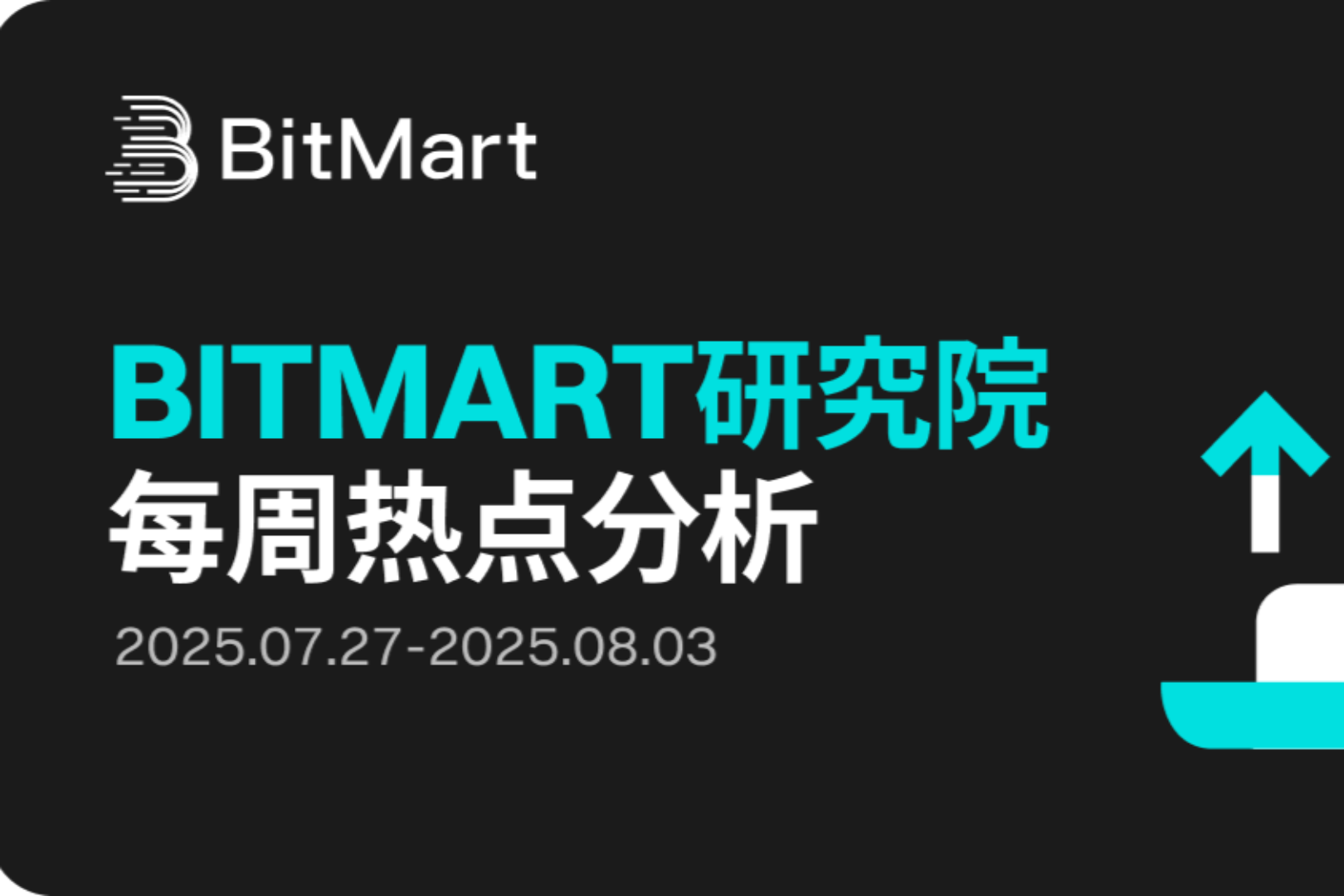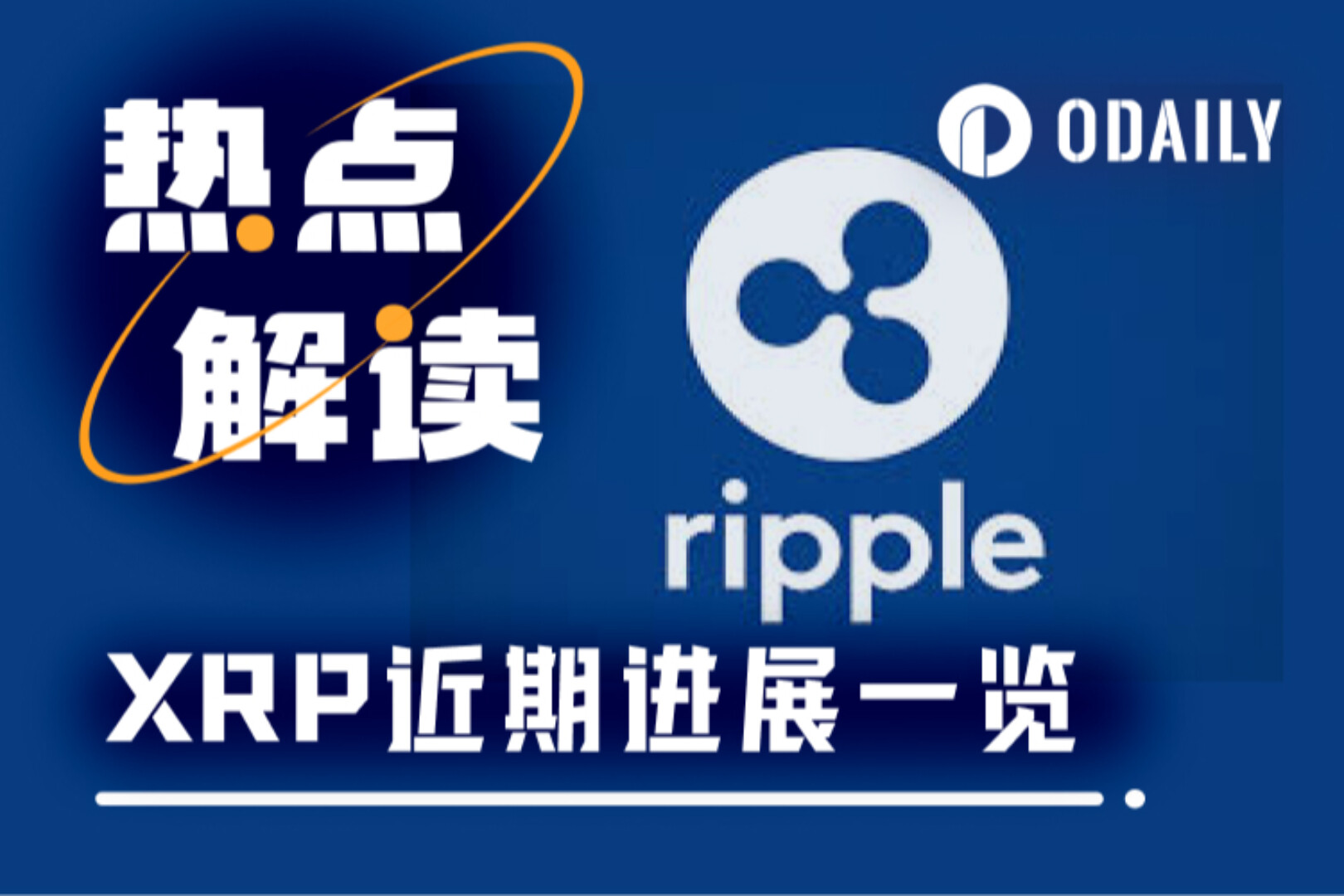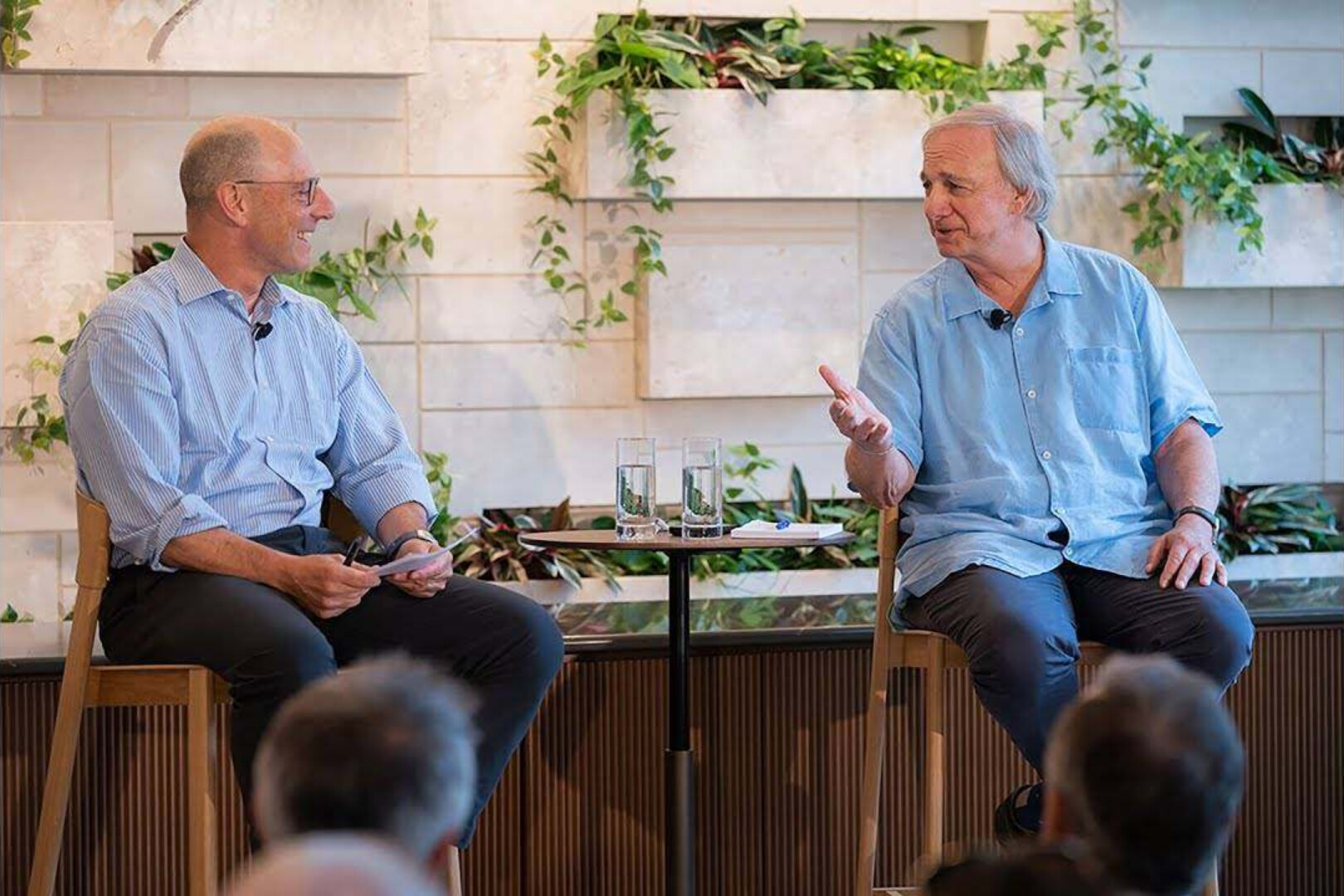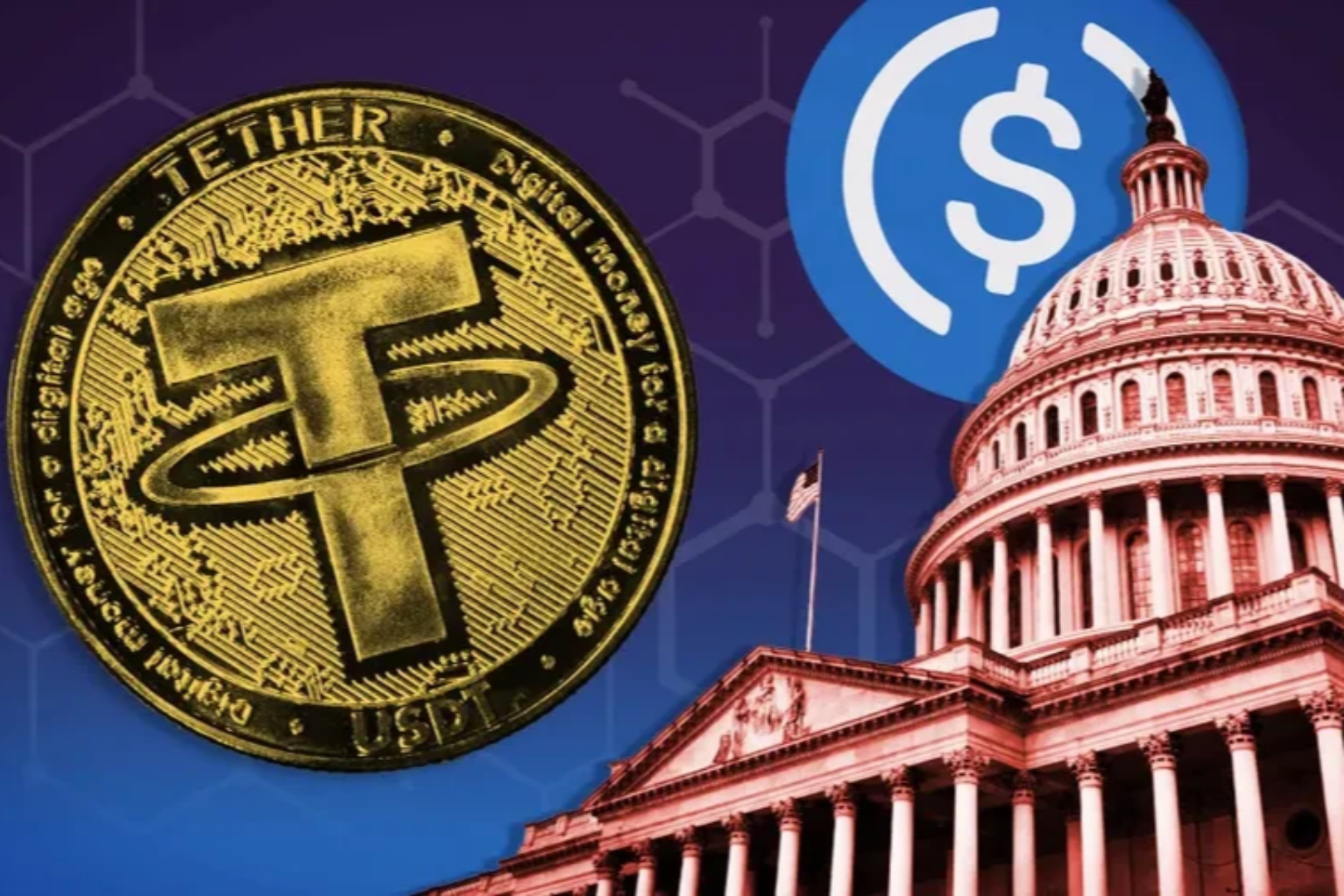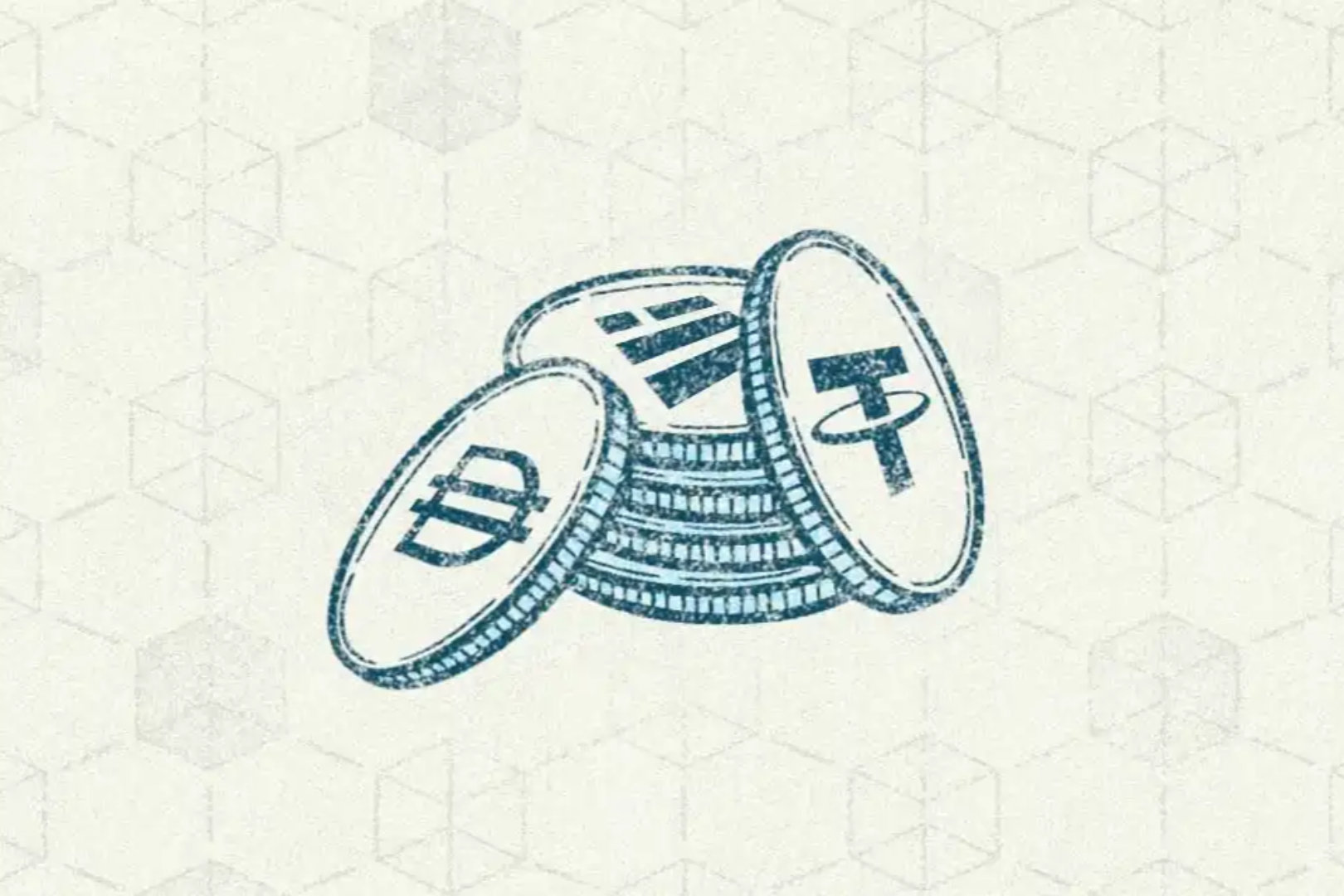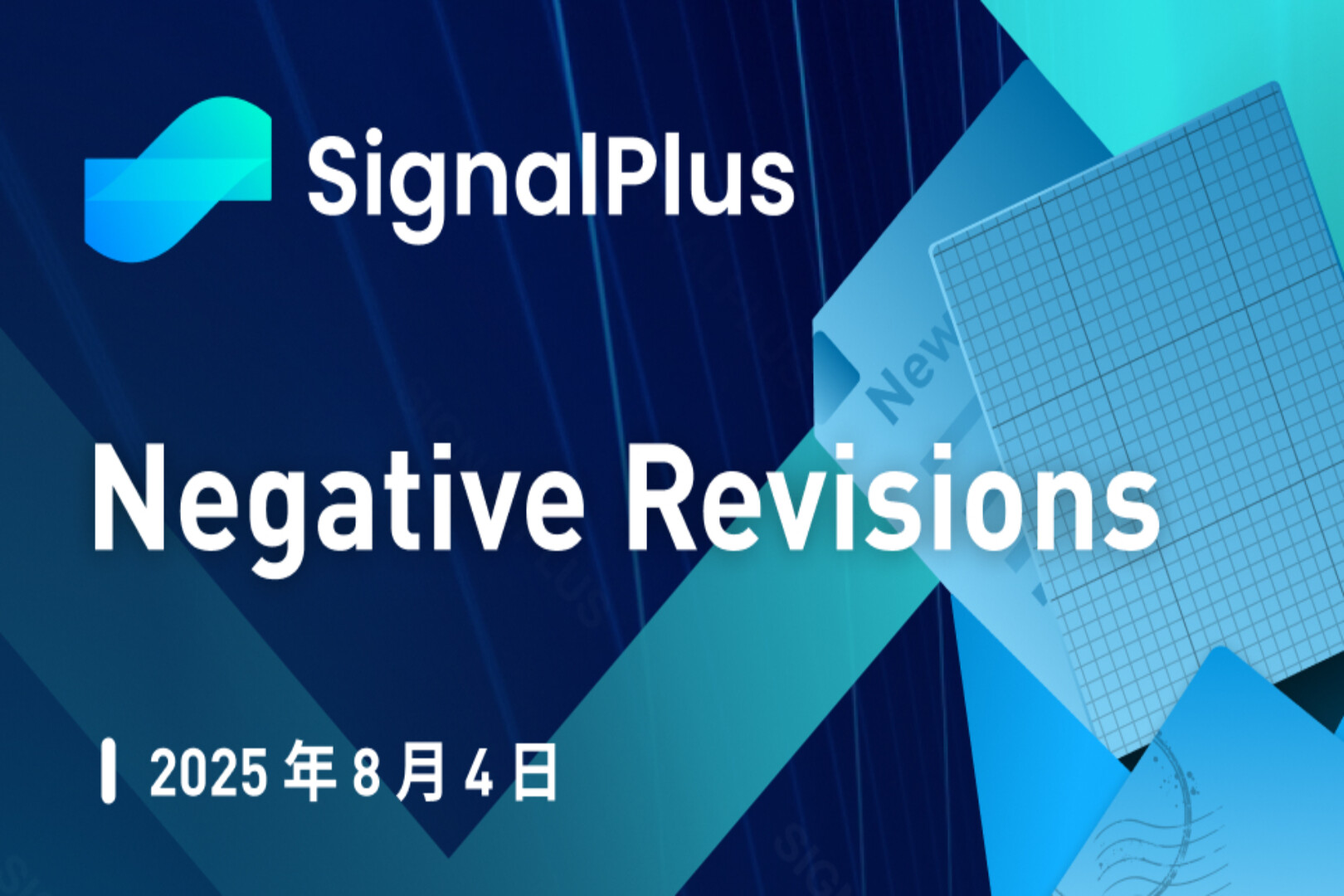
This article is based on a July panel discussion on decentralized social media at HackFS featuring Juan Benet, Vitalik Buterin, and Balaji Srinivasan.
The Idea Behind Decentralized Social Media
In the early stages of human development, humans looked for places to express their ideas. Civilizations such as ancient Greece and Rome established public meeting places where prophets could discuss their views on truth and reach conclusions and consensus.
Today's society has adopted the same (in English) name for the meeting place of the Internet age - the forum. However, with the development of the Internet, forums have also evolved into the current form of social media.
Today's Twitter, Facebook, Instagram, and TikTok users are just modern iterations of the forum dwellers of the early 21st century, poring over topics and adding their comments to them as they wish.
However, as usage grows, so does the looming shadow of a huge corporate oversight. How the internet is taking back the forums from the big corporate oligarchy The answer starts with decentralized social media.
The Necessity of Free Discussion Spaces
Ancient societies like the Greeks and Romans succeeded in passing down their classical knowledge because it was brought together through discussion.
Philosophers discussed in public meeting places, and the information was passed on to other levels of society. Without this freedom of discussion, the censorship of ideas can cause considerable problems with people's ability to perceive the reality around them.
The urgent need for decentralized social media is based on the idea that people are better off if they work together. The current medium prefers to separate people; conflict drives clicks, and clicks drive revenue.
Removing the Foundations of Modern Media
Taking lessons from today's Web2, the community building Web3 social media sites should focus primarily on the influencers themselves. There are two reasons behind this.
First, influencers control many eyes, and by leading them to switch platforms, there is likely to be a massive exodus of followers following the influencer. This reality brings up the second reason why influencers are a great place to drive adoption of decentralized social media — they are people.
Most celebrities who use social media don't actually post on the platform, but hire a social media manager or a company that manages their tweets or posts.
Small influencers often don't have the money to hire someone to manage their accounts and do it themselves, so they can be drawn into discussions about what they can get out of these social media platforms. However, while the influencers themselves may be interested in forums, the companies and media that run them are not.
Removing the Foundations of Modern Media
Much modern media exists as a means to an end, social media being a perfect example. Companies like TikTok and YouTube allow content creators to build their creations and upload them to the site.
"Good" content is ads and algorithms for potential buyers, the system results in the influencer getting a small percentage of the advertising revenue collected by the company, let's say we click to play a video on YouTube, before the official content we will first Been through an ad.
Taking lessons from today's Web2, the community building Web3 social media sites should focus primarily on the influencers themselves.
Most celebrities who use social media don't actually post on the platform, but hire a social media manager or a company that manages their tweets or posts.
Small influencers often don't have the money to hire someone to manage their accounts and do it themselves, so they can be drawn into discussions about what they can get out of these social media platforms. However, while the influencers themselves may be interested in forums, the companies and media that run them are not.
Changes to reward criteria
So how would people be rewarded in such a social media system? For social media to have any positive impact, these behaviors need to be rewarded. One way this could happen is through retroactive public funding. In this funding model, impact certificates are created retroactively.
Impact certificates indicate that a particular individual made a particular addition to or was responsible for a change to the network. If one creates a particularly popular meme template format, the creator may be rewarded for it based on the widespread use of the meme template. Their joining the network will be recognized by setting up prizes.
These prizes are not set up in advance as goals to strive for, because they shape the network rather than rewarding those who shape it on their own merits. There is a reason this reward system is inconsistent with what is currently in use on social media.
Currently, social media seeks to divide and exploit polarization, this new and improved model aims to reward individuals who help the platform and its users. This is a value-based precise wealth distribution based on an individual's contribution to the overall development and dissemination of the network.
changing the value of truth
Blockchains are unique in that they link physical problems to abstract concepts; in this way, a mathematical equation to be solved is transformed into a token that can be spent. This "truth value" system is based on consensus.
In a blockchain network, you cannot take something as truth unless the chain agrees. Changing the "truth" to distort it one way or another won't work because truth is tied to consensus on the blockchain. Returning to social media, the past two years have shown that multiple versions of the truth can coexist with each other, but none of them reflect reality.
Decentralized social media platforms are designed to connect truth to consensus, and the best way to implement this system is to connect social media to undeniable facts. The concept is hard to live by, and as things change, as we learn more about something, the truth has to evolve with it. However, having a tangible connection to the truth can help determine its value to the social media society.
The value of truth in a social media chain depends on what the community says. However, this introduces another problem - the problem of homogeneous groups.
Groups and Fragmentation
Social media often supports groups because they are a useful feature for categorizing friends and contacts. Sometimes groups form the basis of entire social media sites, such as Reddit.
On an encryption-first social media system, groups will be encrypted to manage and move toward goals. Instead of being ideologically based like social media is now, we have groups dedicated to changing the way people understand different aspects.
There will naturally be polarization, but that polarization may be based on something more specific than just political ideology as it is now. The way to overcome this polarization is to acknowledge expertise.
There will be consensus among certain groups about what is truth, and other groups will defer to them because they are the experts. Don't worry about whether someone does or says something for monetary gain.
This setup leads to fragmentation, but fragmentation isn't always a bad thing. A portion of a group dedicated to a particular goal may argue against prevailing wisdom and be held to be justified. The world default of "Internet Wars" will become something more akin to a long debate.
looking to the future
looking to the future
As of today, the Filecin mainnet has an effective computing power of 10.444EiB, 3165 active storage providers, and a block height of 1,092,926. We can say that the entire network is developing steadily, and there are more and more applications in the network.
Filecoin still has a long way to go, and centralized social media has a long way to go. It will take a while for us to see something similar to real decentralized social media, which will gradually affect our lives.
END

